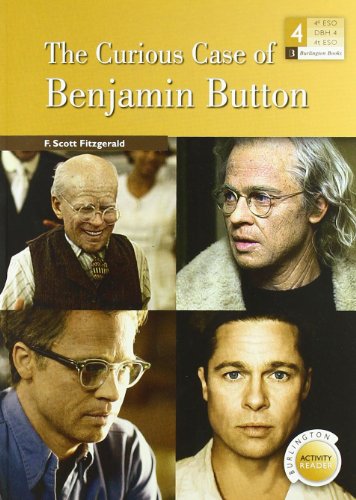VOCABULARY
The best way to read a book is to open the pages and start reading.
Use a dictionary only when there's something you definitely don't understand.
Those words that you can not figure out from the contex,
those words that you can not infer from the sufixes or their gramatical category,
those words that you can not connect with others from your own language.
The words which you've searcched in the dictionary MUST be written in the book, if it's yours. If you don't want to do it, use a "post it", use a sheet of paper in the form of glossary at the back, number the words, don't mess up the words. Use chapter division, ordered numbers...
You can add some synonyms too.
Remember that these kind of books are for you to work out reading skills, you might want to read them sometimes.
In case you do this, you will find difficult words at hand, without any extra effort.
GRAMMAR
Are you aware that you learn grammatical structures while you read???
YES, it's true.
There are grammatical structures that are repeated once and again and again. You are learning these without noticing.
When you find something that is odd, some structures which doesn't fit what you've seen in class... write them down.
Use a small notebook for grammar reference, a sheet of paper which you will later paste to the book itself, whatever you can refer to.
PRONUNCIATION AND INTONATION
In order to improve your pronunciation and your intonation you can listen to a person reading the story.
Follow the reading.
Now and then stop your reading and try to repeat what you've heard, try to imitate the intonation.
Write those words that are difficult to pronounce.
Those words yo've been mispronouncing untill now.
Ok, it might be difficult, I know.
But the harder you work on your reading skill, the better English speaker you'll become.
Learning a language is hard, who's told you the contrary?
Sherlock series. Graded readers. 4th ESO

crack
ResponderEliminar